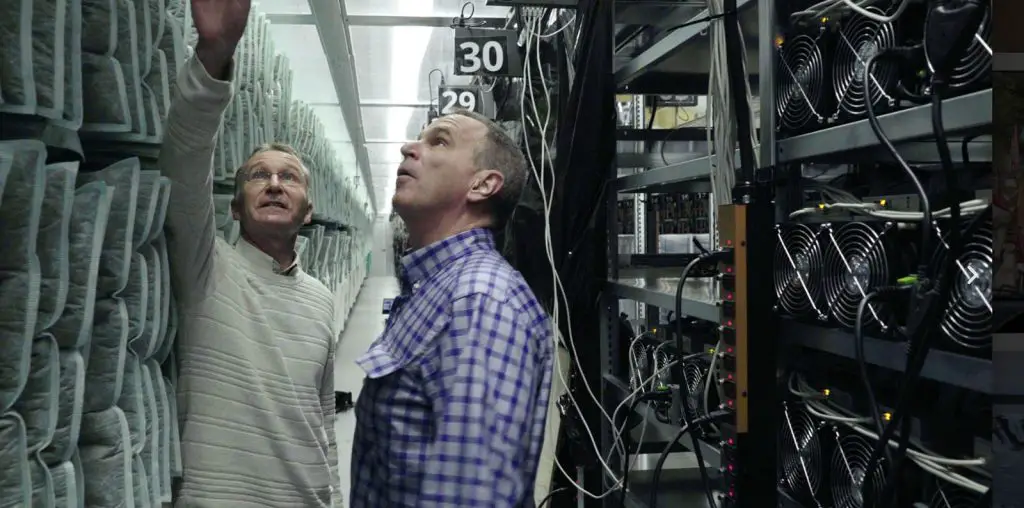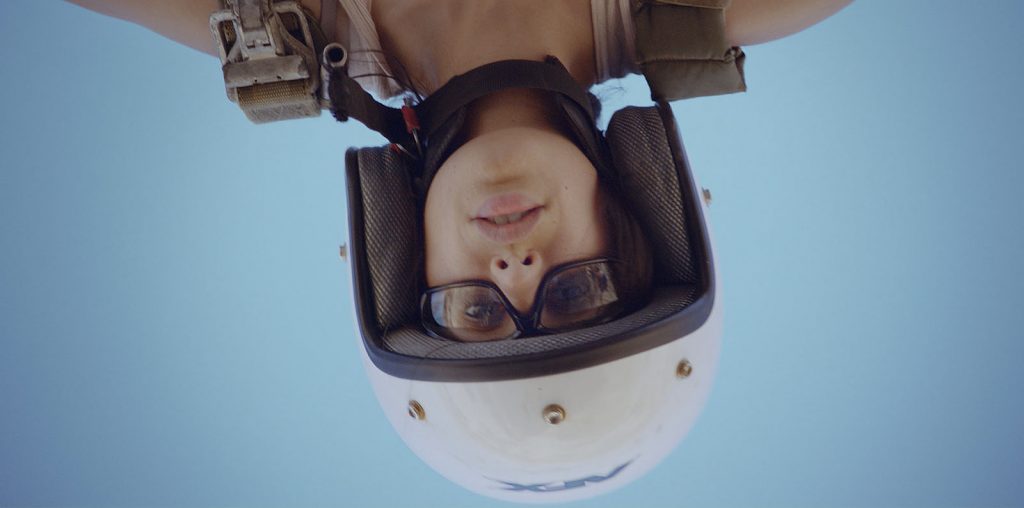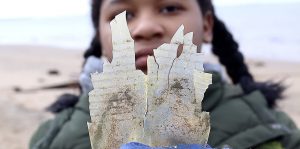
After covering a lesson on marine life, teachers at Red Hook took their students on a field trip to Jamaica Bay, where students could see up close the habitat the creatures they study call home and the volume of human-made refuse scattered along its shoreline. They are then joined by the park’s ranger, who informs them about the indestructible plastics they have collected. (Turns out, he has a bit of a tie to the plastics, as he explains his scientist grandfather accidentally is at the root of the plastics problem, creating a way to shape and mold the material, thinking it would reduce the number of trees cut down and actually help the environment).
The students learn of the material’s indestructible nature and how it breaks down to digestible bites that often find their way into the diets of all sorts of marine life that mistake it for food.
Throughout their educational journey, the cameras are rolling and aided by voiceovers from the very same students explaining all they have learned and how they felt. When questions from them arise that may be a bit too complicated, they also provide student-created (or -inspired) animation that keeps the information at a level in which young viewers can not only understand but perhaps feel as though they could create themselves.
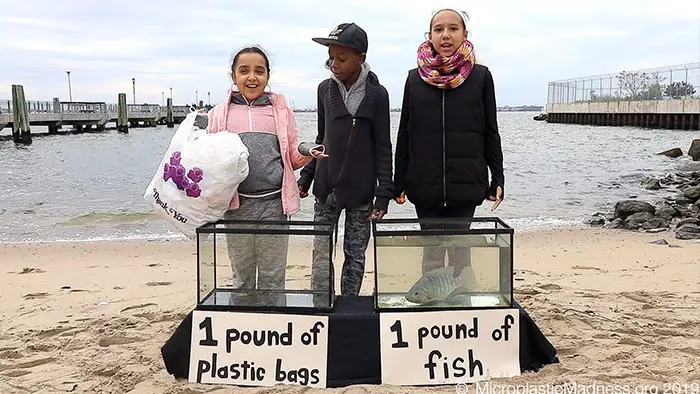
“…while the message is dire…the way in which it is presented in hopeful and helpful.”
It’s experiential learning in its finest form, with interviews from specialists such as Dr. Marcus Erikson, co-founder of the 5 Gyres Institute, one of the foremost experts on oceanic plastics and Angel Ramos, a Ph. D. candidate for Animal Behavior, who provides a thorough examination of the issues surrounding plastics and marine life.
And while the message is dire in terms of what needs to happen, the way in which it is presented in hopeful and helpful. Directors Atsuko Quirk and Debby Lee Cohen constructed the feature from their award-winning Cafeteria Culture project, which works with students to create zero-waste schools, plastic-free waters, and climate-smart communities.
Quirk and Cohen’s projects are student-led, and their approach to the film emulates that feeling. The jazzy score that runs throughout the footage, interviews, and animation maintain levity even when their subject matter has all-too-serious consequences.
And while it is rooted in New York City, the filmmakers have developed an entire campaign to help spread the message to schools nationwide (including offering free screenings to Title One schools).
Microplastic Madness not only gives students a voice in the matter of ocean health, but it also has the potential to give others, young and old, inspiration to make a change.
Microplastic Madness screened at the 2020 Greenpoint Film Festival.
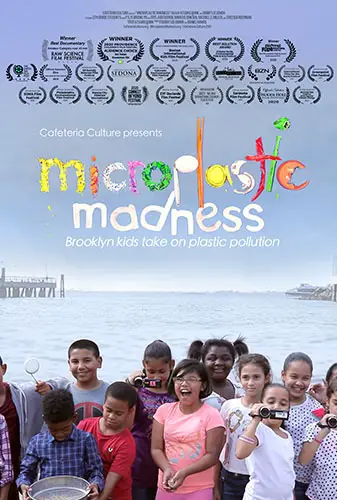
"…Microplastic Madness is not only timely, but it bleeds authenticity."

